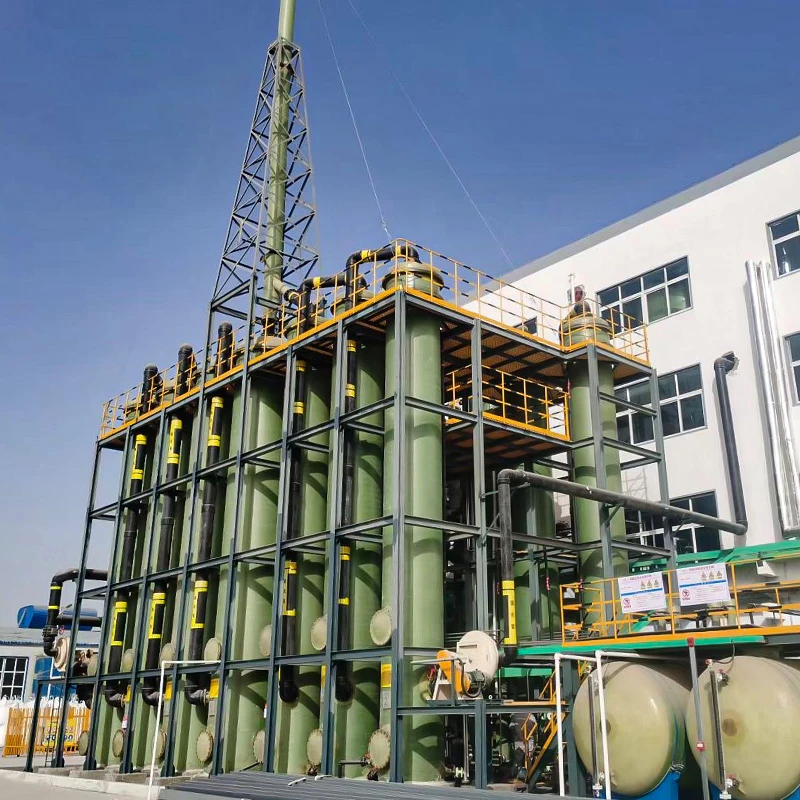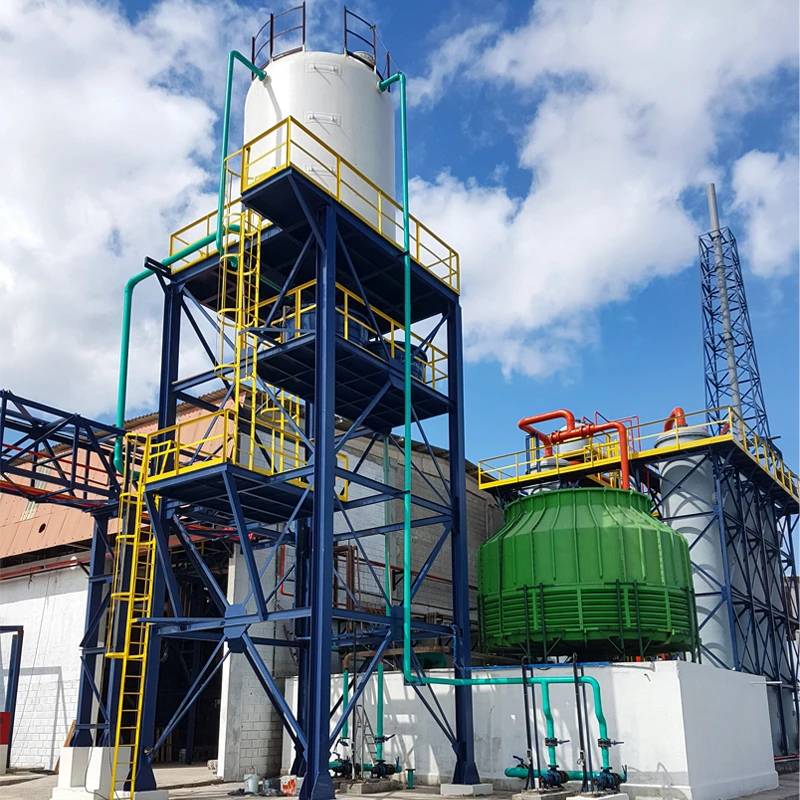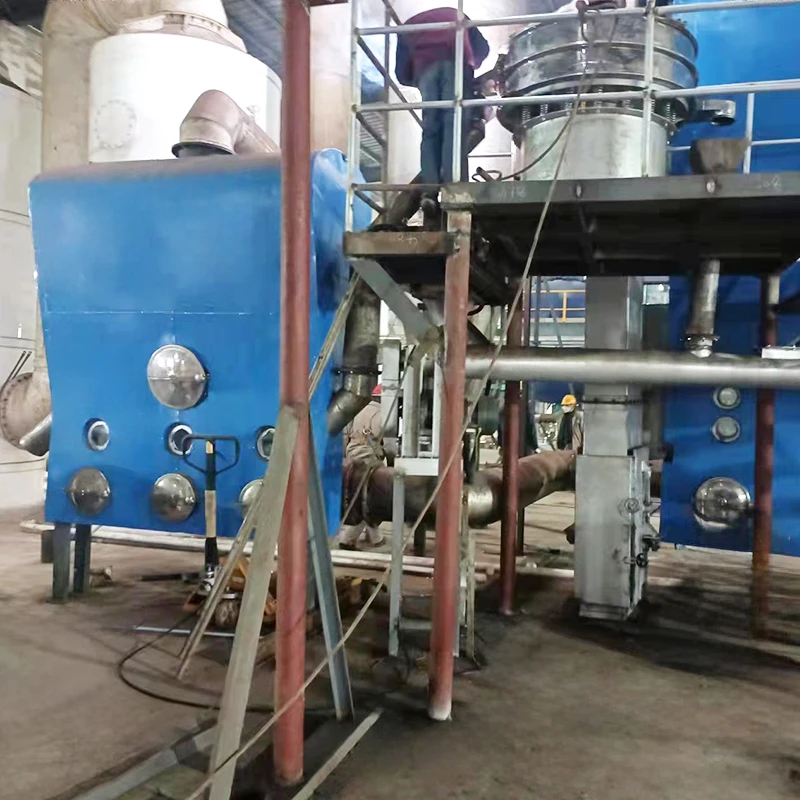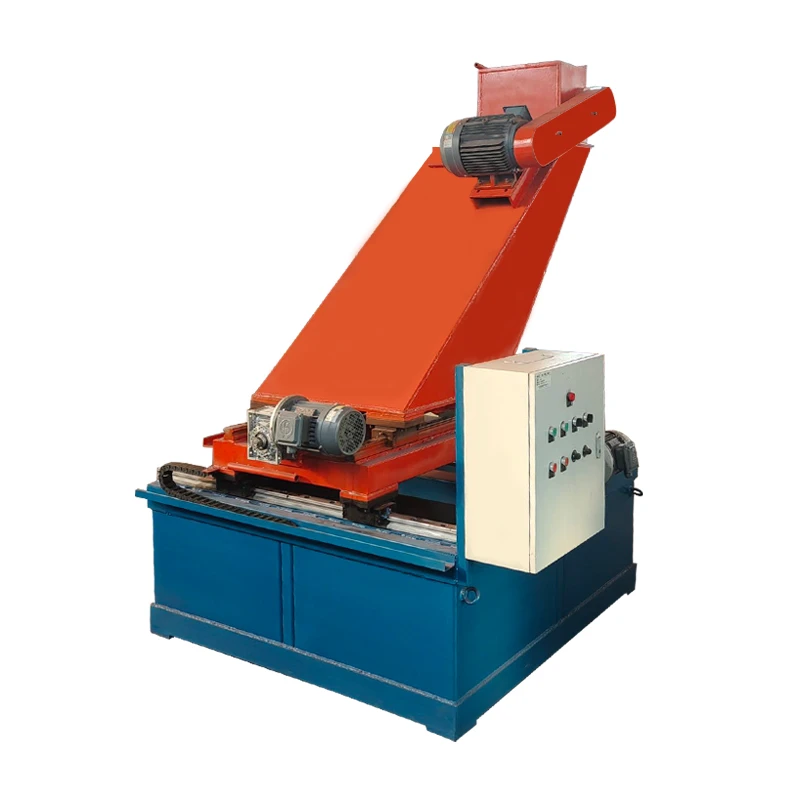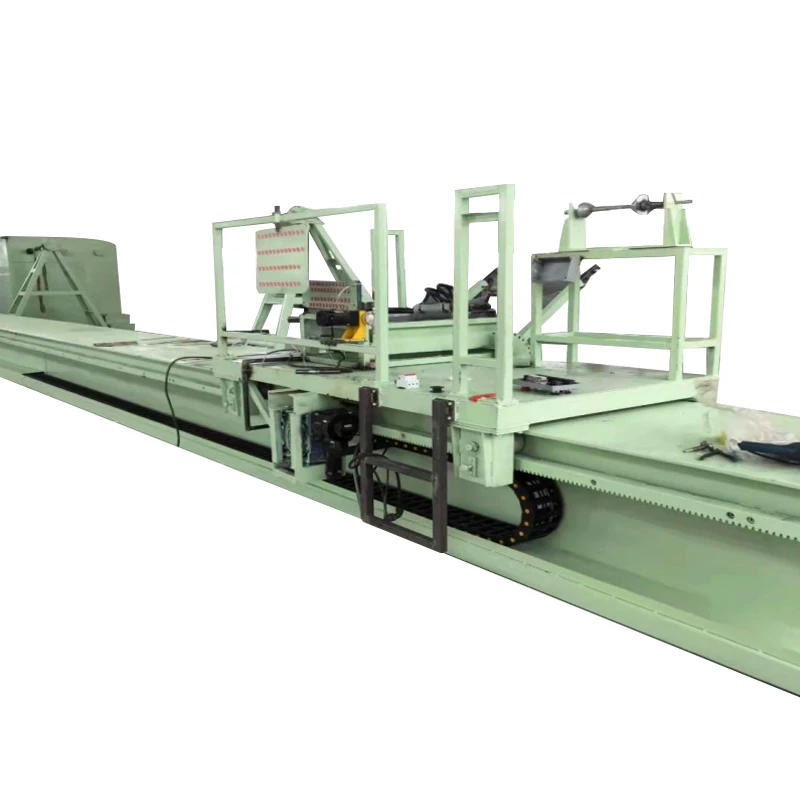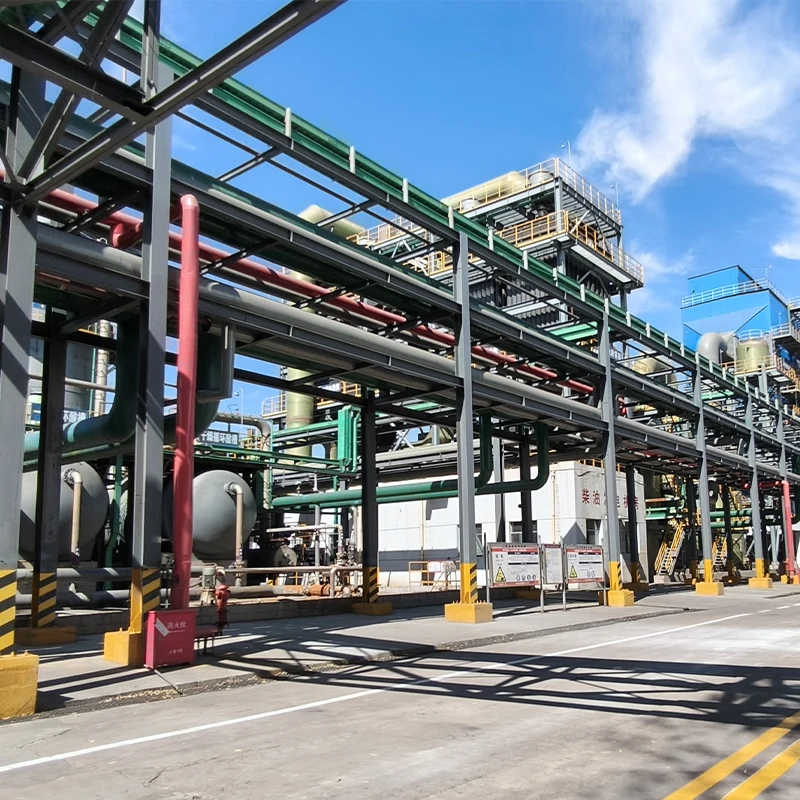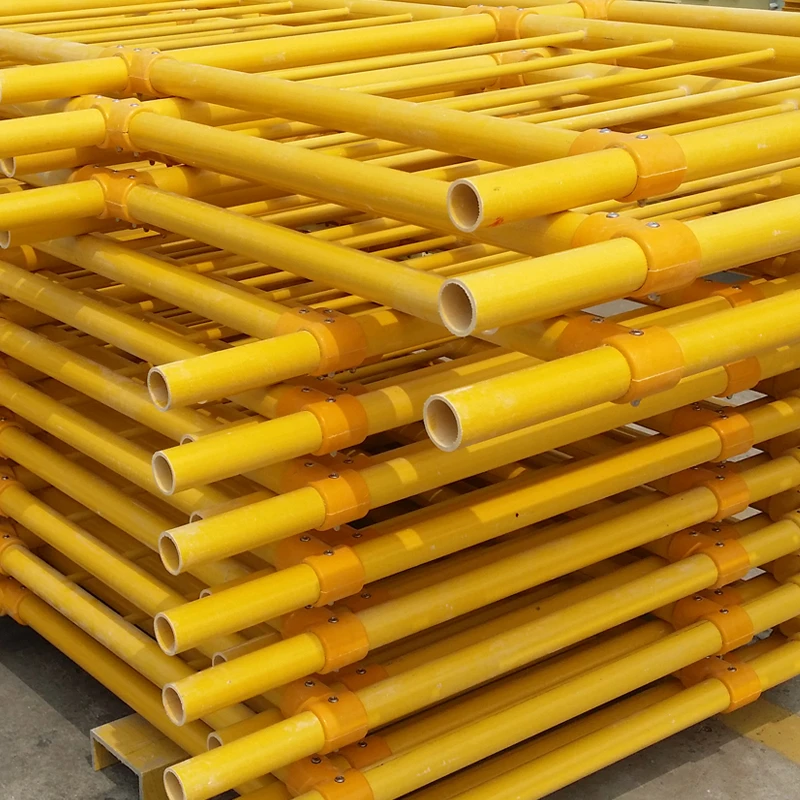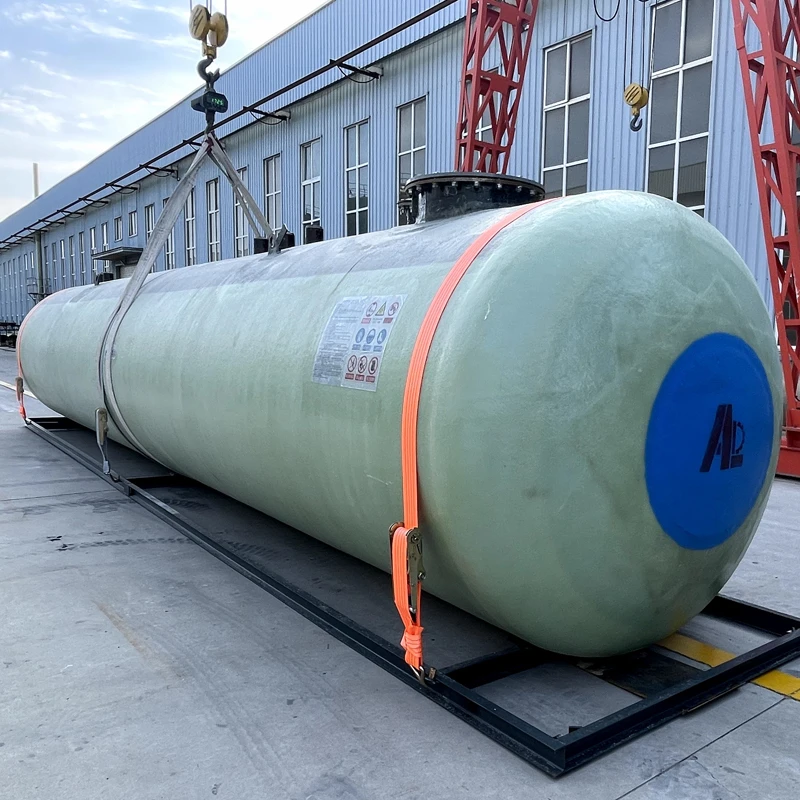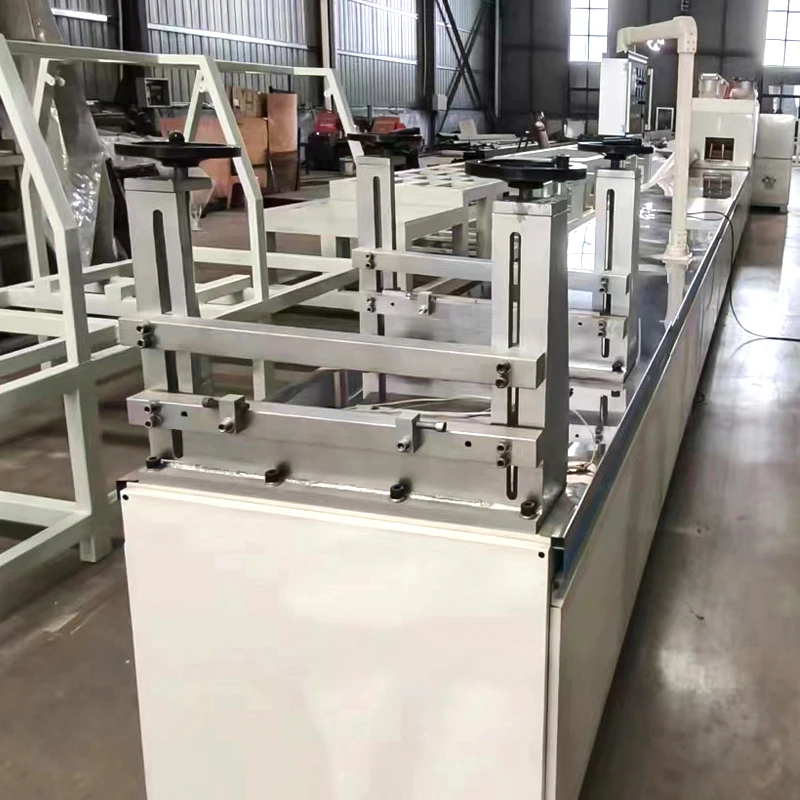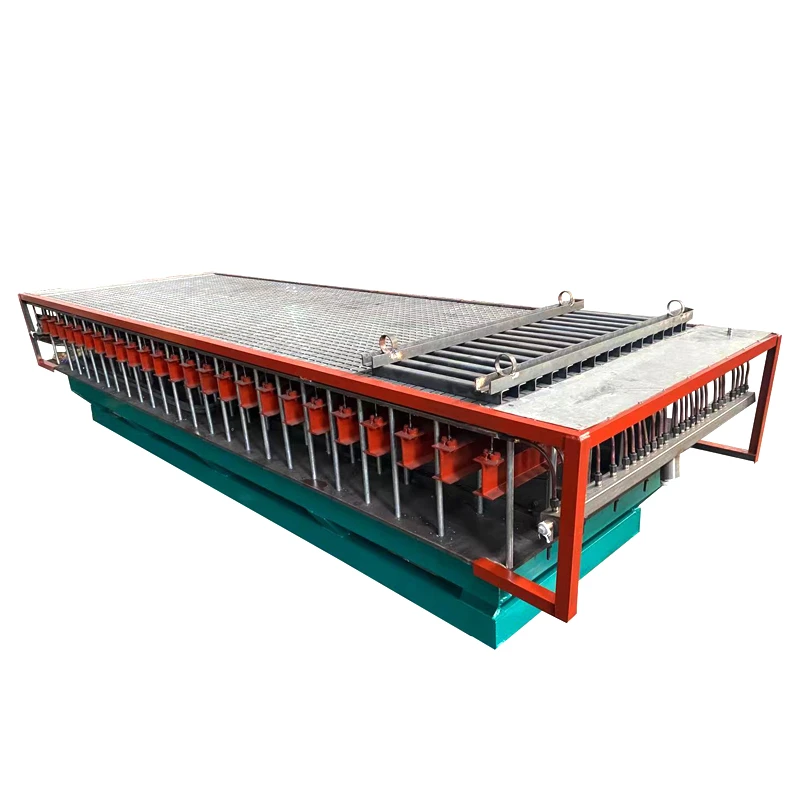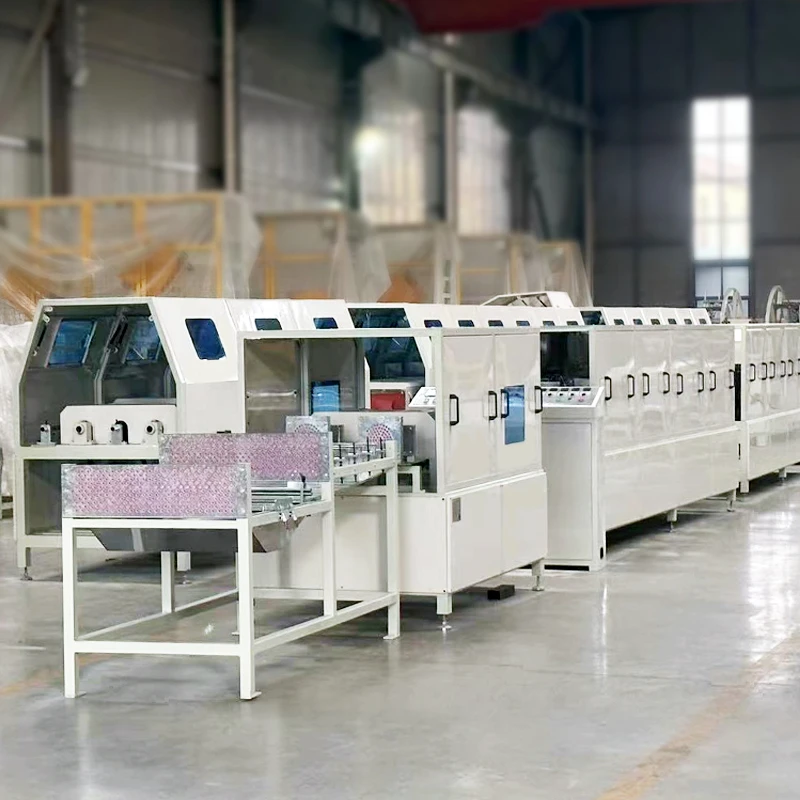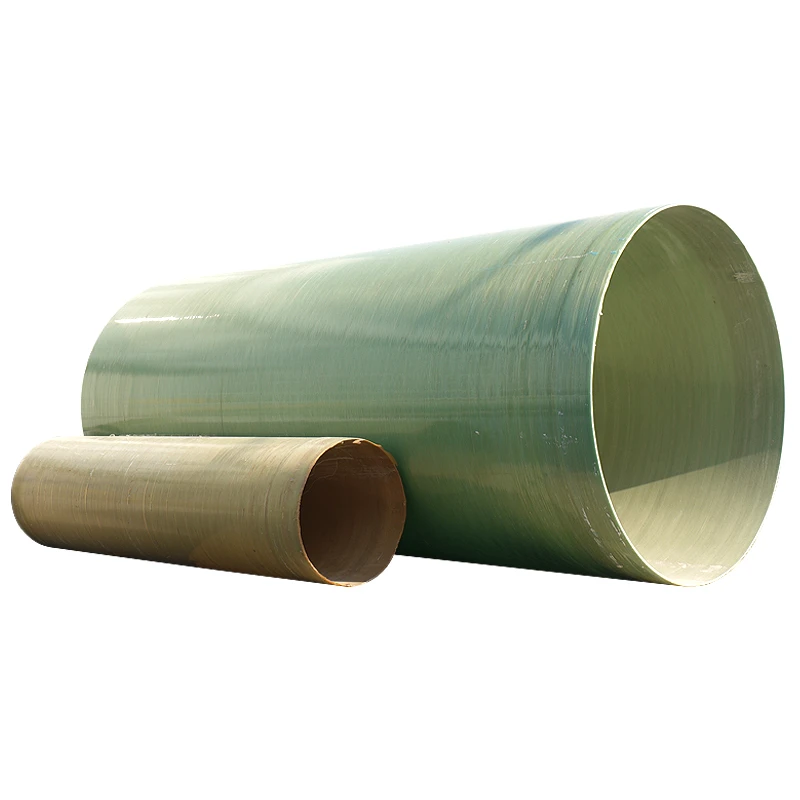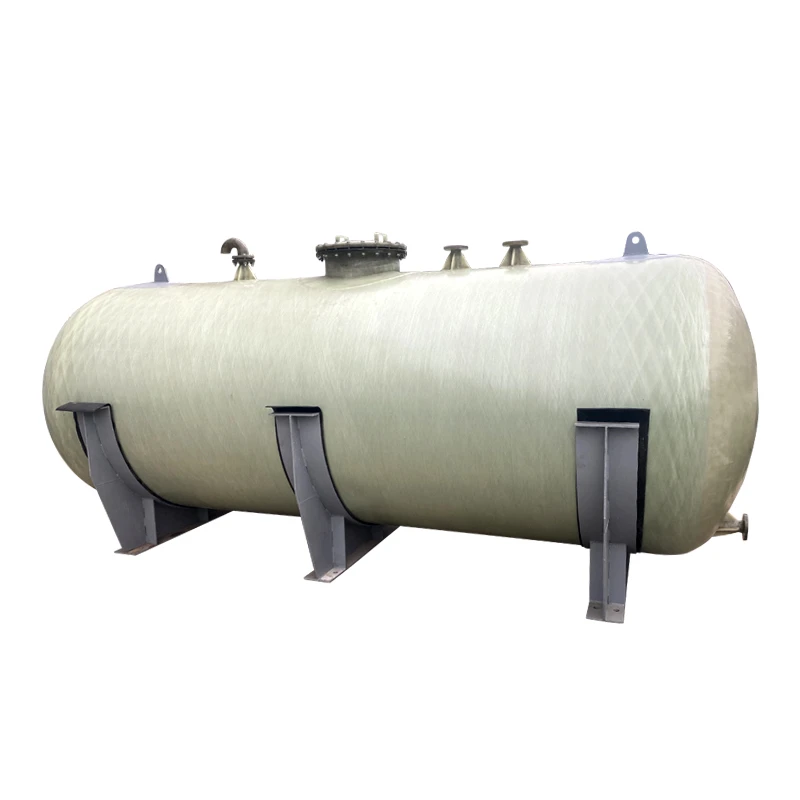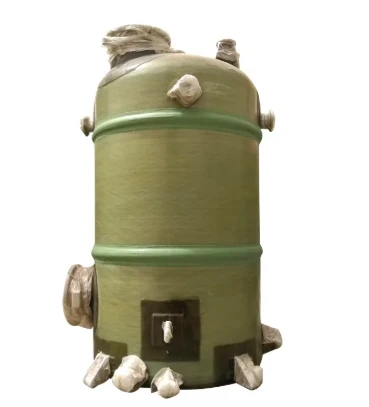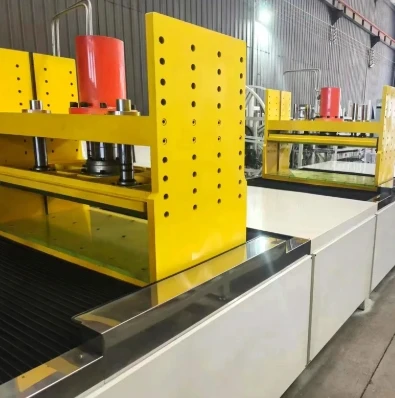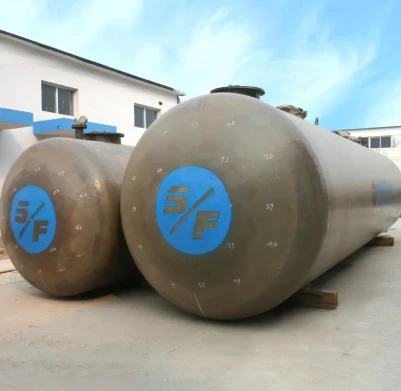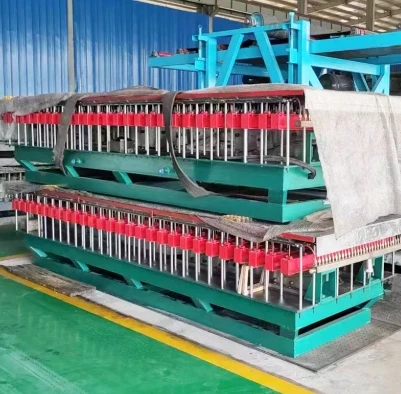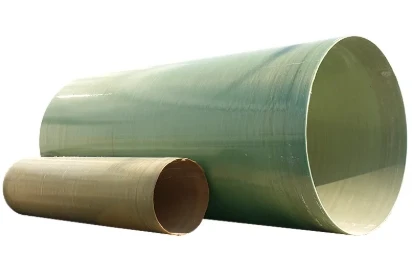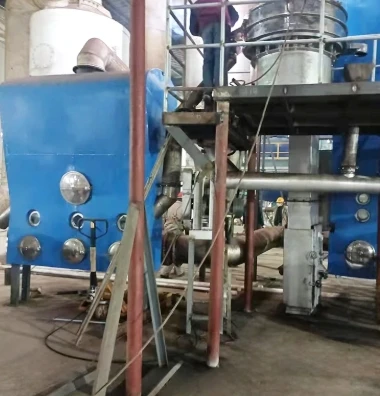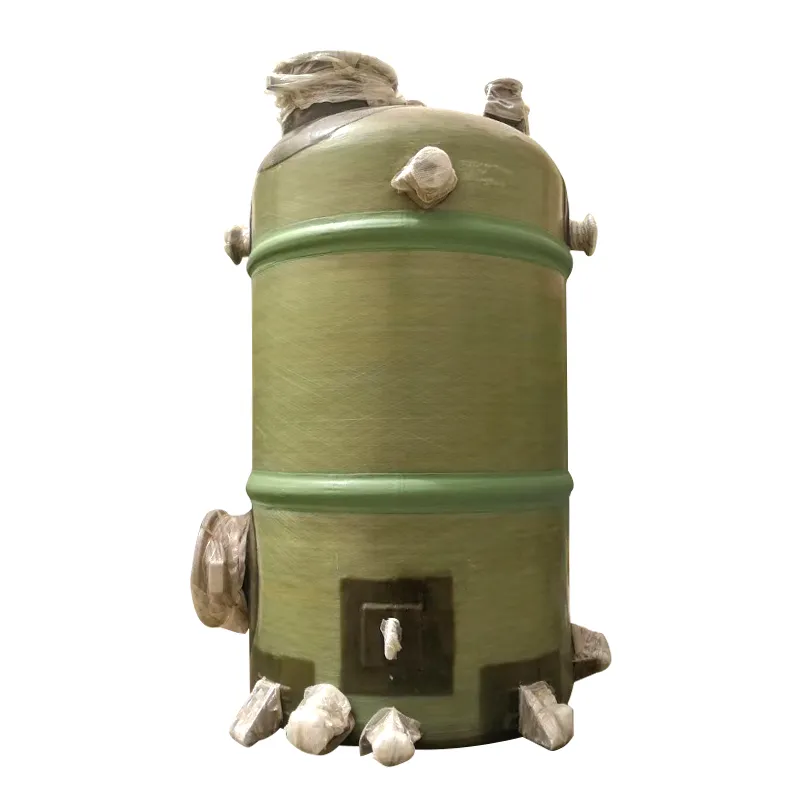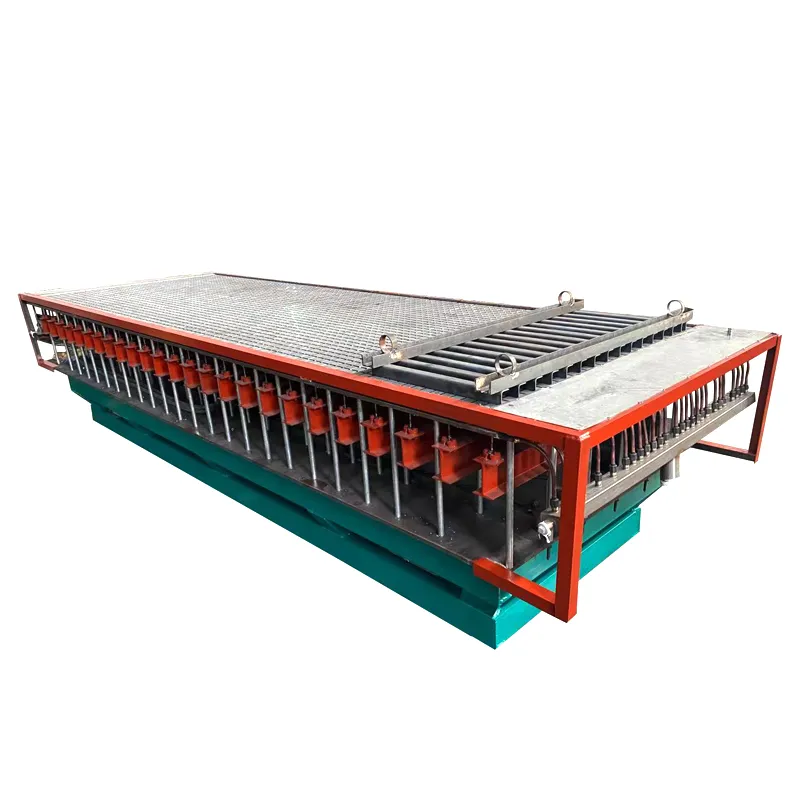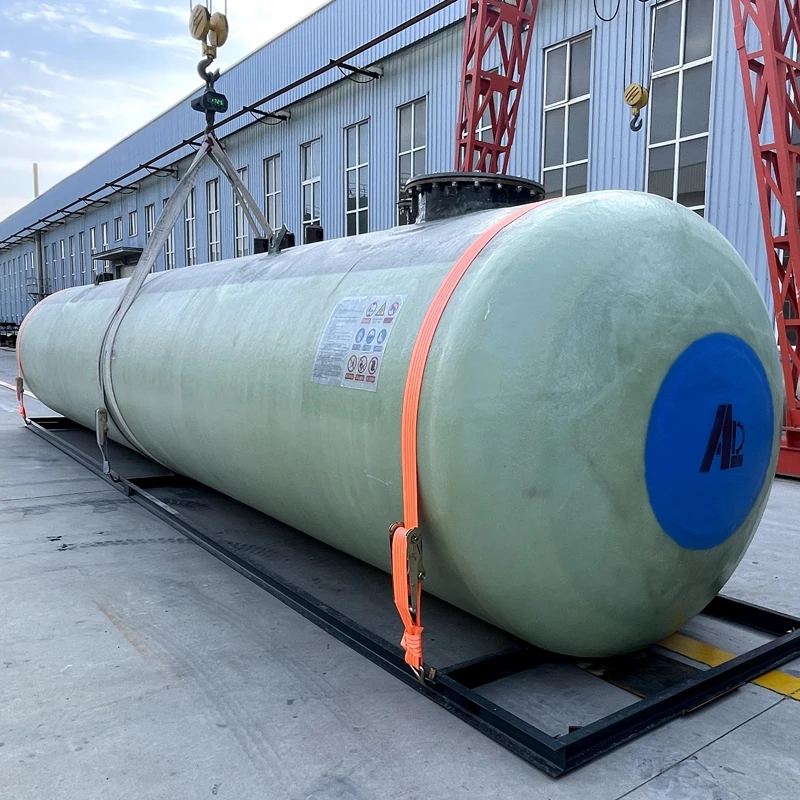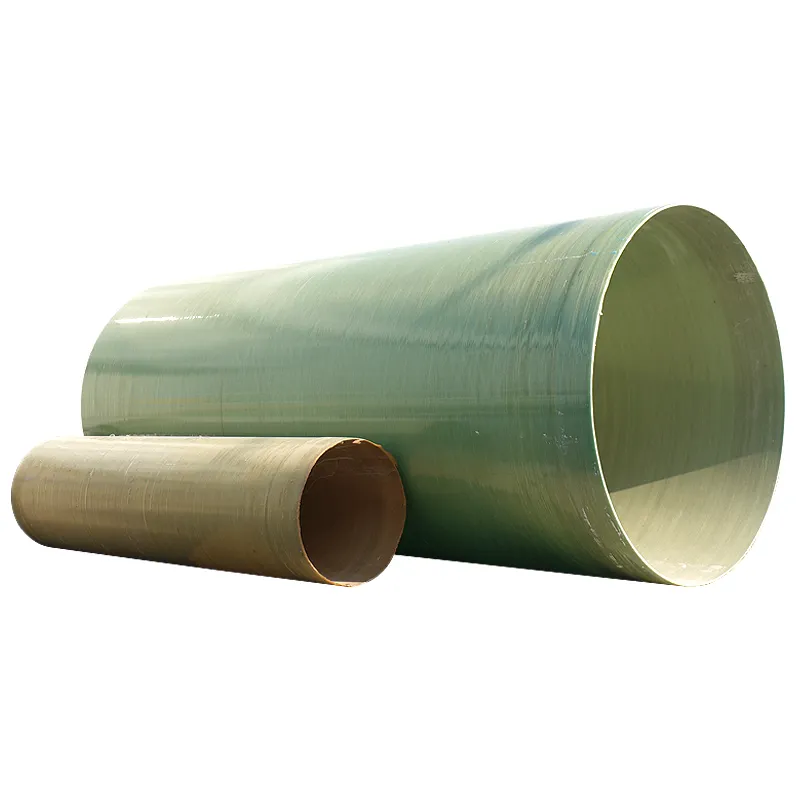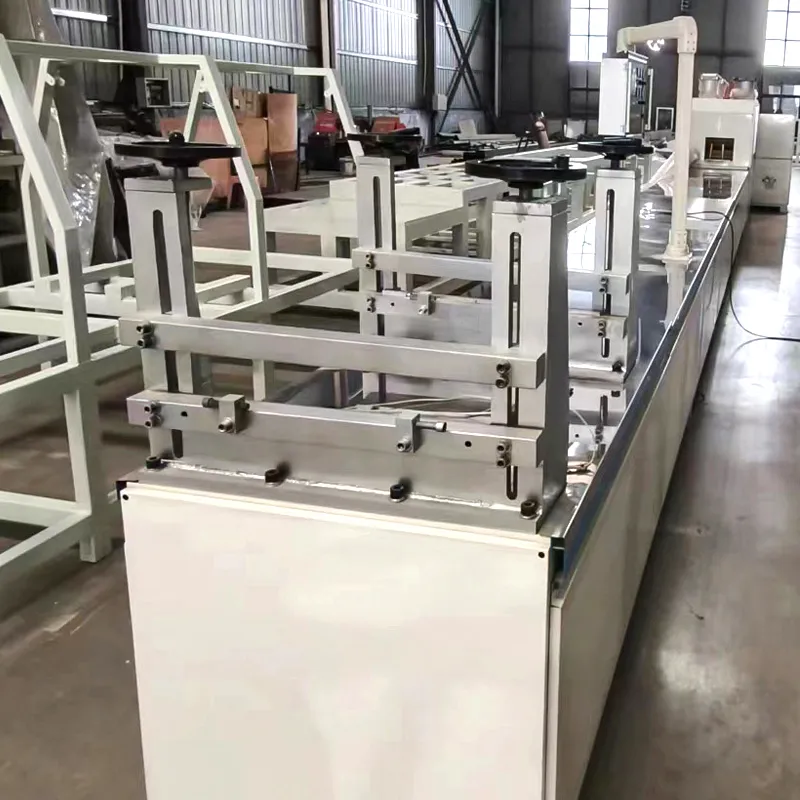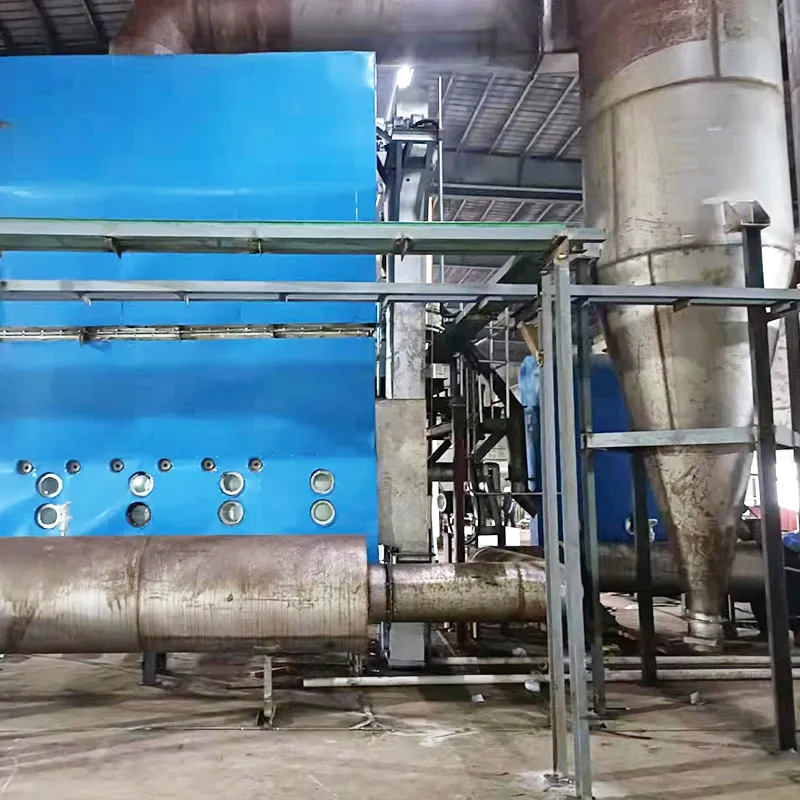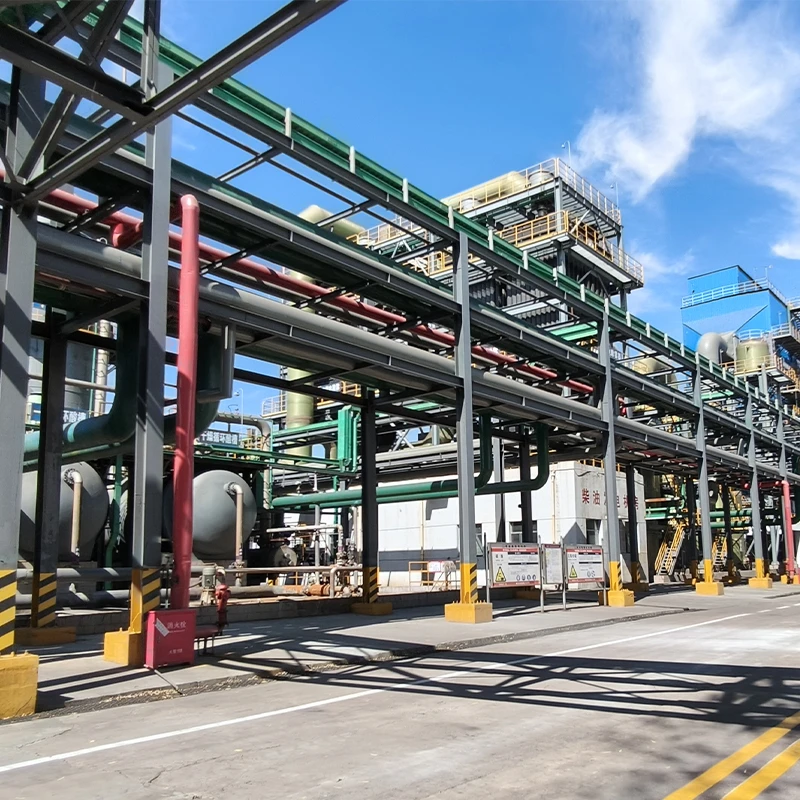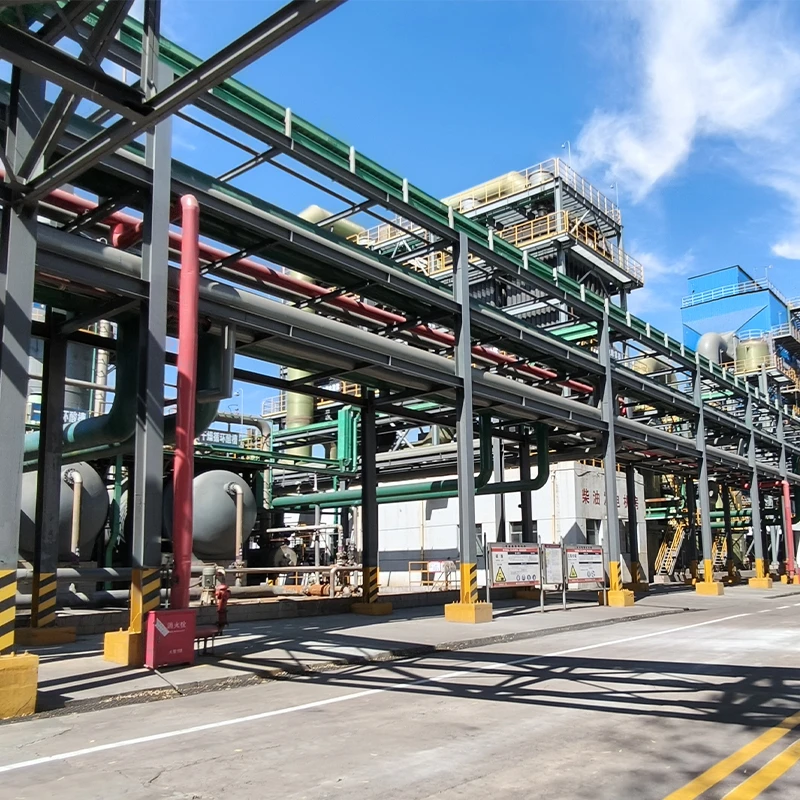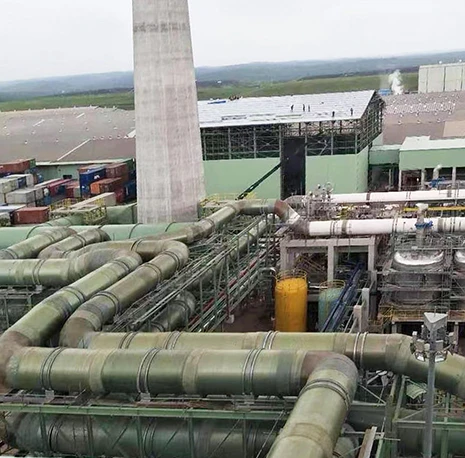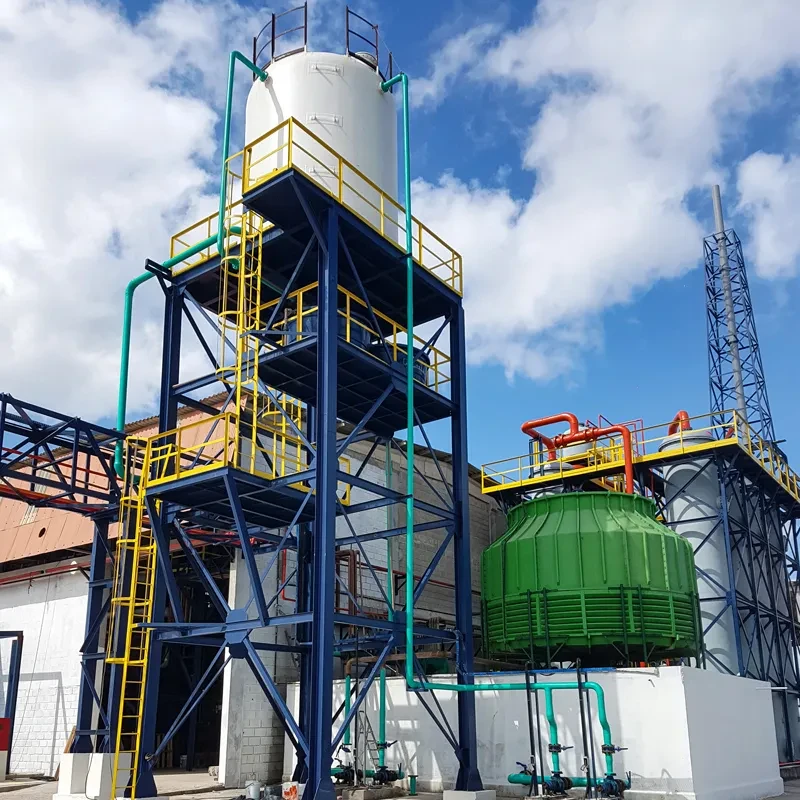Premium Fiberglass Tanks for Sale | Durable Storage
About Our Company
Hebei Aoliande Chemical Equipment Co., Ltd. specializes in engineering advanced fiberglass-reinforced plastic solutions for industrial applications. With over 15 years of manufacturing excellence, we provide innovative, corrosion-resistant storage solutions meeting international quality standards. Our commitment to technological innovation and customer satisfaction has established us as a trusted provider in the global market.
Visit Our Manufacturing FacilityIndustry Trends in Fiberglass Tank Technology
The global market for fiberglass tanks for sale is experiencing substantial growth, projected to reach $4.2 billion by 2027 according to recent industry analysis. This growth is driven by increasing demand from chemical processing, water treatment, and petrochemical industries where corrosion resistance and longevity are critical factors.
Modern fiberglass water tanks for sale incorporate nanotechnology-enhanced resins that provide superior barrier properties against permeation and chemical attack. The latest trends also include smart monitoring systems with IoT sensors integrated directly into tank walls for real-time condition monitoring.
Environmental regulations worldwide are increasingly favoring FRP solutions as sustainable alternatives to traditional materials. The composite nature of fiberglass storage tanks for sale makes them fully recyclable at end-of-life, aligning with circular economy principles gaining prominence in industrial manufacturing.
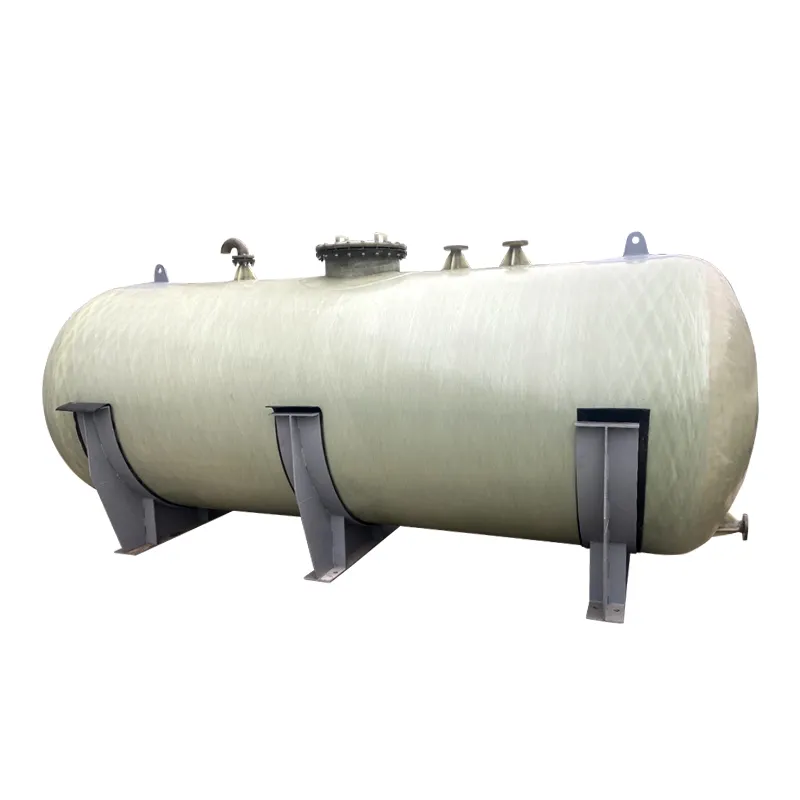
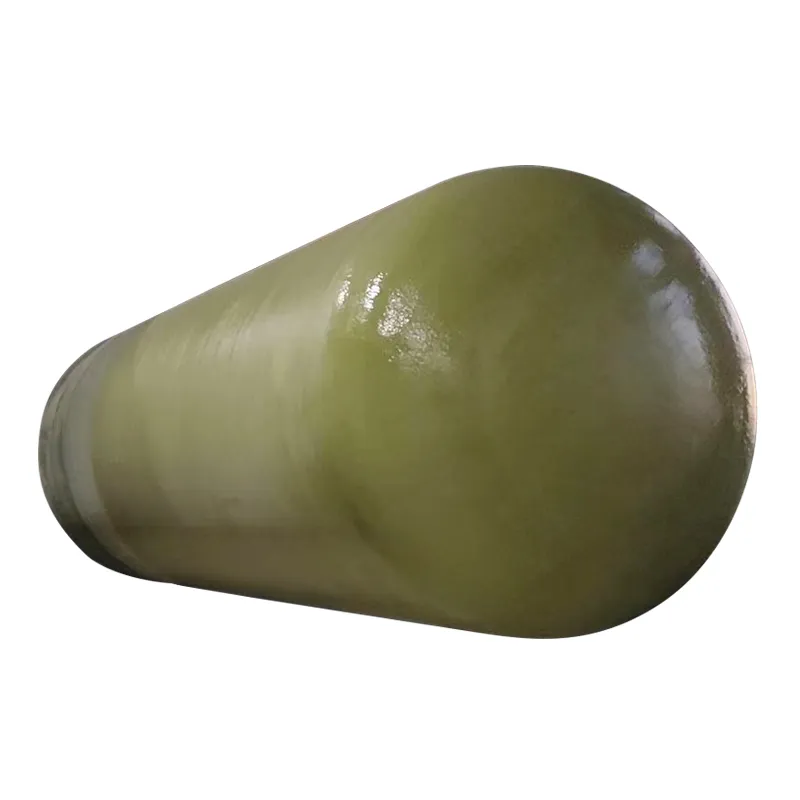
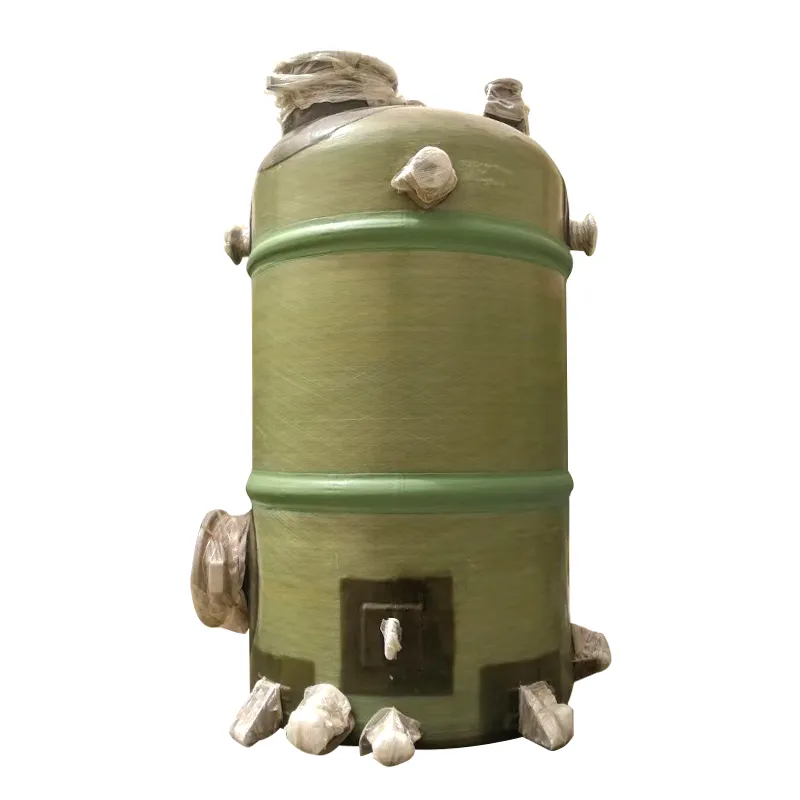
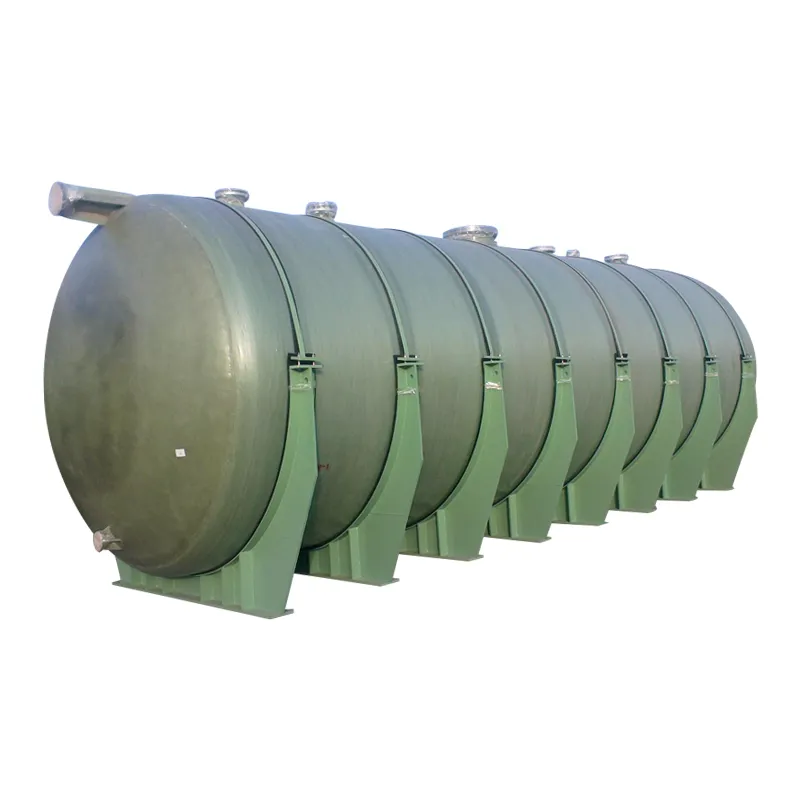
Our Flagship Product: FRP Tank/Vessel For Chemical Industry
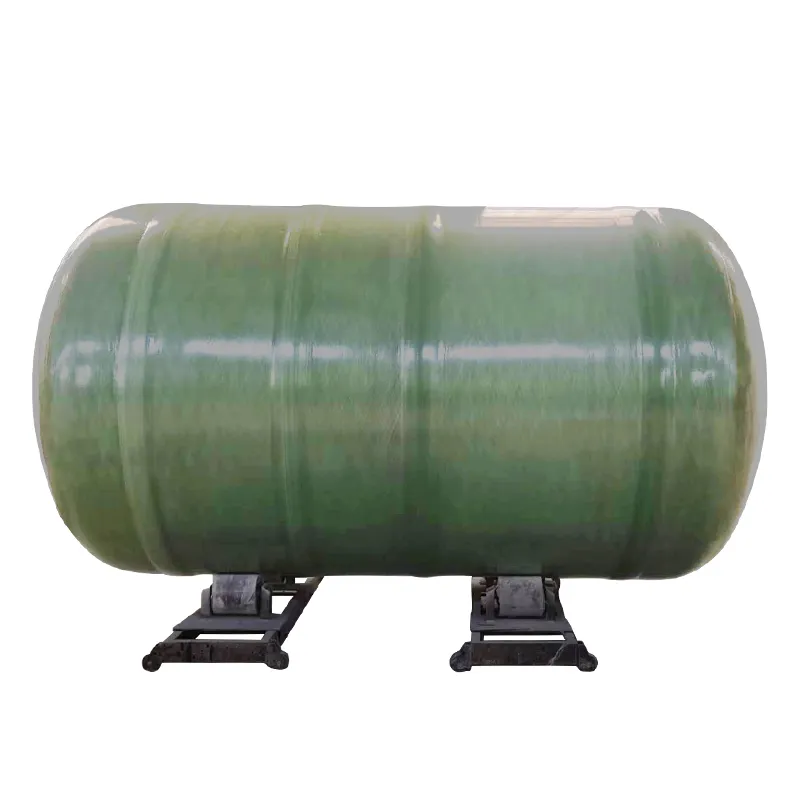
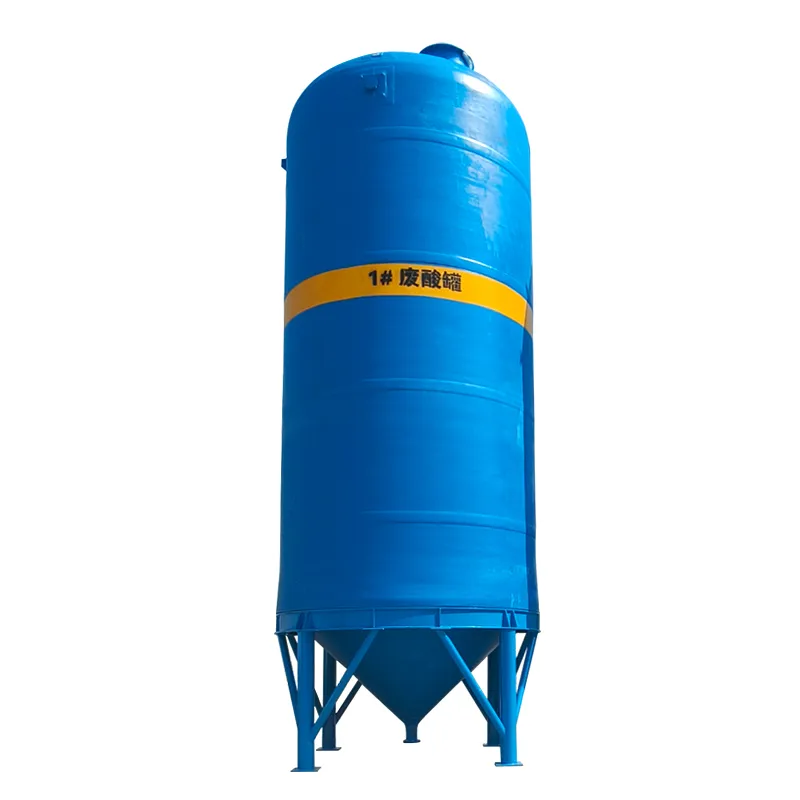
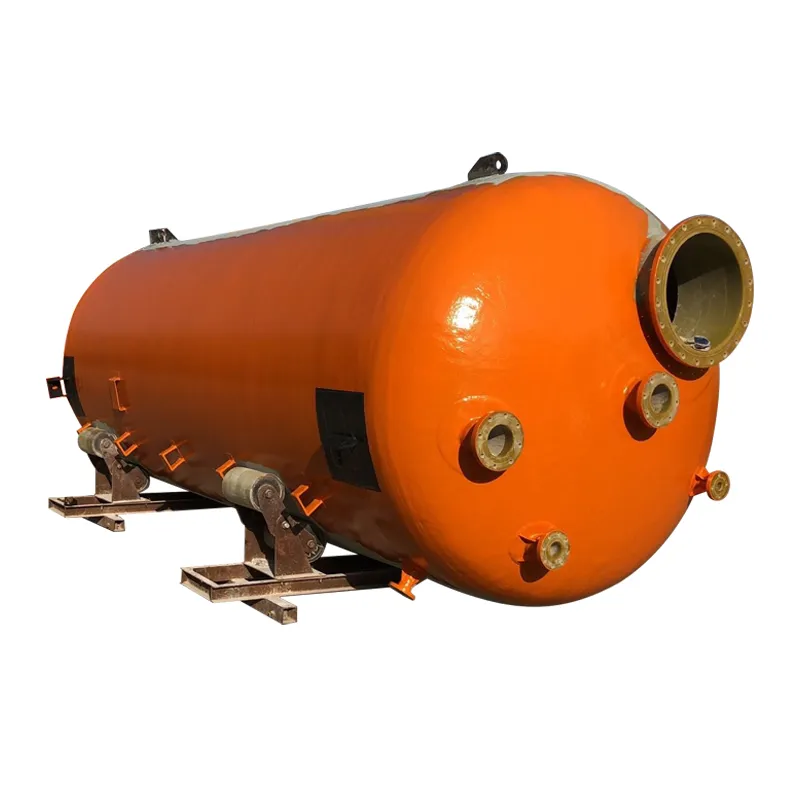
Product Overview
Our FRP Tank/Vessel For Chemical Industry is engineered using state-of-the-art filament winding technology. The manufacturing process involves precisely controlled tension winding of resin-impregnated glass fibers onto rotating mandrels, resulting in uniform structural integrity throughout the tank wall.
Construction Layers:
1. Inner Liner: 100% resin-rich corrosion barrier
2. Structural Layer: Wound fiberglass reinforcement
3. Outer Protective Layer: UV-resistant gelcoat finish
This multi-layer construction creates "The Diversity" material that combines the best properties of polymers and reinforcement fibers. The tanks are designed with ASME, ASTM, and EN standards compliance for pressure vessels operating in demanding chemical environments.
View Detailed Product SpecificationsTechnical Specifications
| Parameter | Water Storage Tanks | Chemical Storage Tanks | Industrial Process Tanks | Standards Compliance |
|---|---|---|---|---|
| Capacity Range | 500-50,000 gallons | 300-40,000 gallons | 100-10,000 gallons | AWWA D120, NSF/ANSI 61 |
| Temperature Resistance | -40°F to 180°F | -20°F to 250°F | -40°F to 400°F | ASTM D5421 |
| Pressure Rating | Atmospheric | 15-150 PSI | 50-300 PSI | ASME RTP-1, Section X |
| Wall Thickness | 0.25-0.5 inches | 0.3-0.75 inches | 0.4-1.2 inches | ISO 14692 |
| Chemical Resistance | pH 3-11 | Wide range (customizable) | Industry-specific | NACE MR0175 |
Note: All specifications can be customized based on application requirements. Additional features include anti-static additives, fire-retardant resins, and FDA-compliant formulations for potable water storage.
Data Visualization: Industry Trends
The charts above visualize key trends in fiberglass tanks for sale market developments and performance metrics based on composite industry studies. The data demonstrates FRP's superiority in corrosion resistance and life-cycle cost efficiency compared to alternative materials.
Application Scenarios
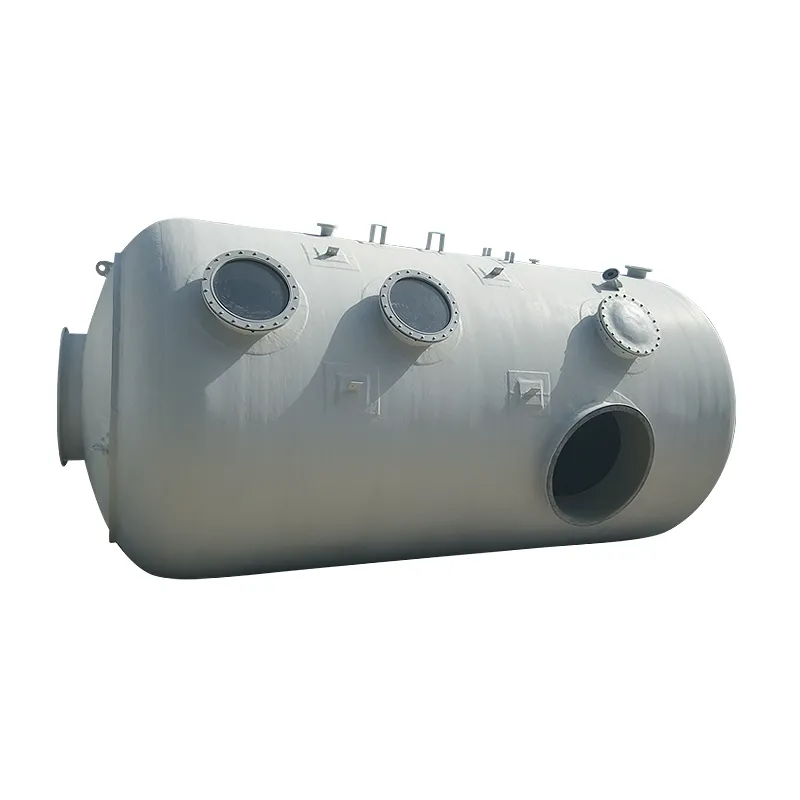
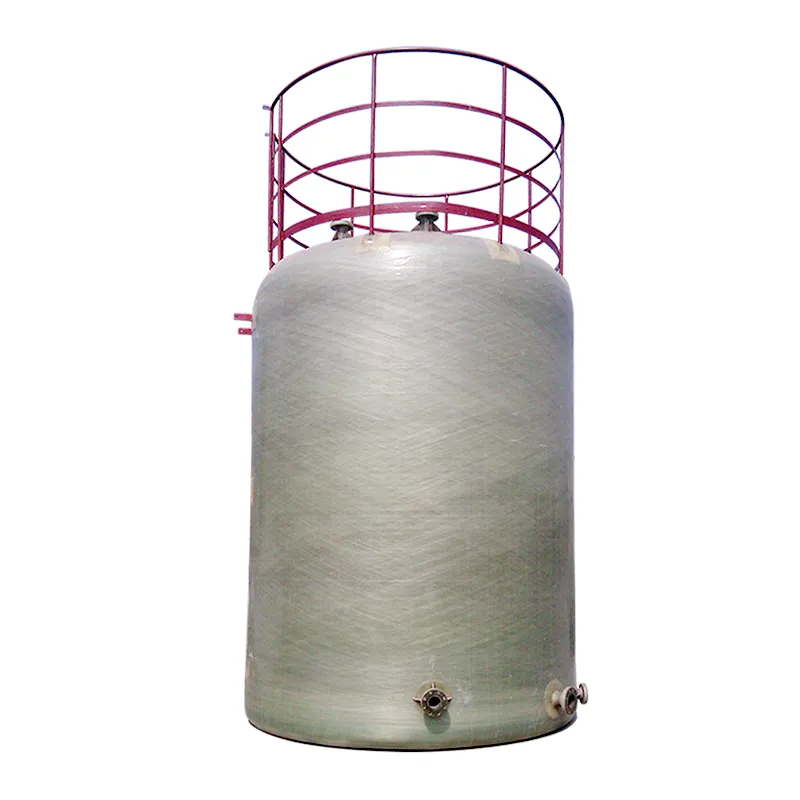
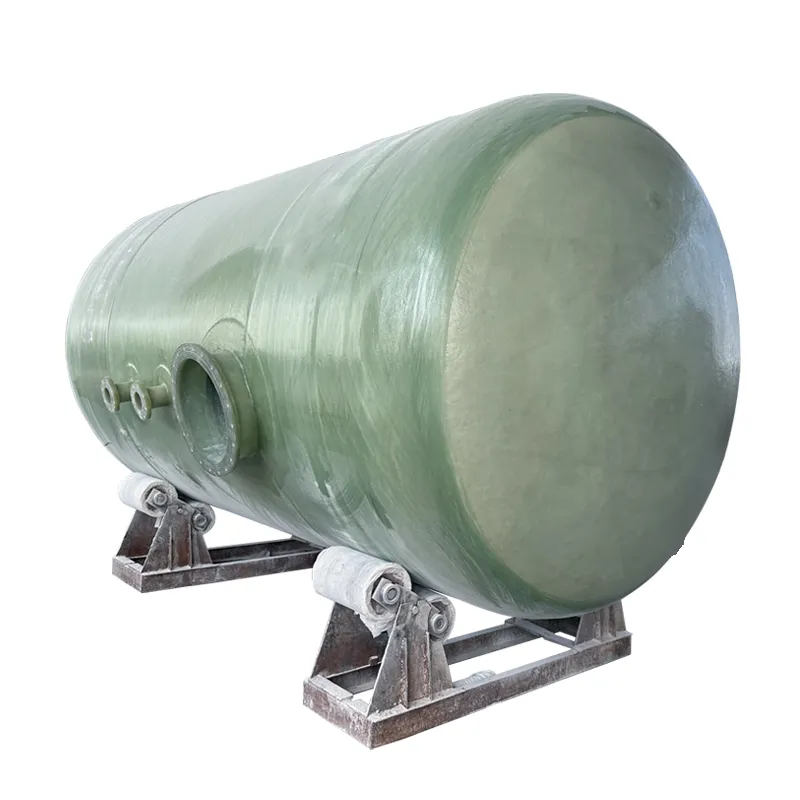
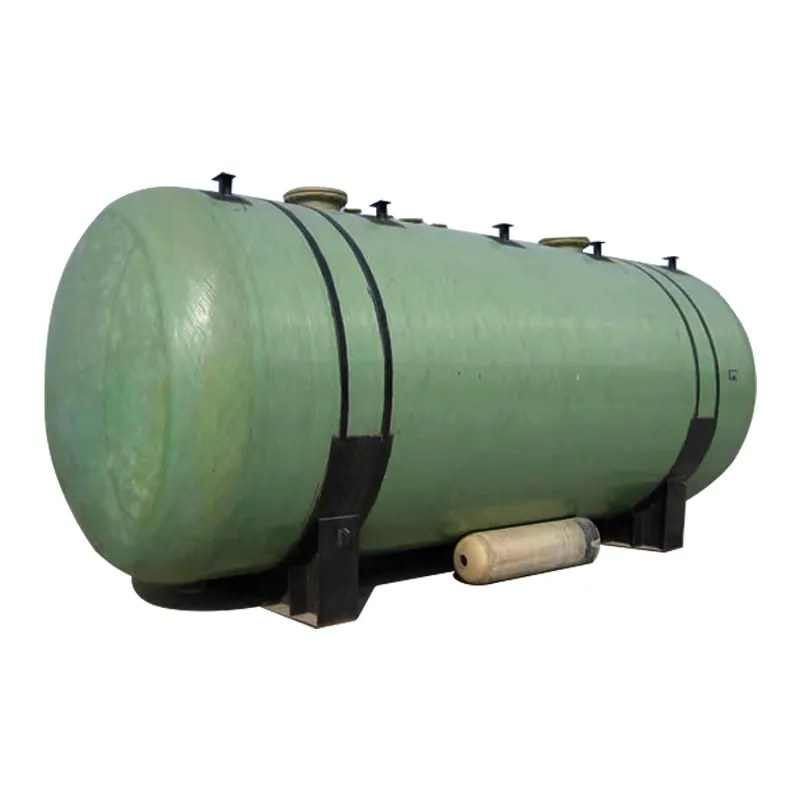
Industrial Chemical Processing
When sourcing chemical tanks for sale for acid storage, solvent containment, or chemical processing, FRP tanks provide unparalleled resistance to corrosion. Our tanks withstand aggressive chemicals including hydrochloric acid (up to 37%), sulfuric acid (up to 95%), sodium hypochlorite, and various organic solvents.
Water & Wastewater Management
Fiberglass water tanks for sale are ideal for potable water storage, treatment plants, and wastewater holding applications. NSF-61 certified tanks ensure safe drinking water storage with no leaching of contaminants. Their non-porous surface prevents bacterial growth and biofilm formation common in concrete tanks.
Specialty Applications
Specialized FRP tanks serve unique requirements in food processing, pharmaceutical manufacturing, mining operations, and power generation. Custom designs include double-wall containment, insulated tanks for temperature-sensitive processes, and ASME-certified pressure vessels for high-temperature operations.
Technical FAQ: Expert Insights
What resin systems are recommended for different chemical exposures?
Different resin formulations offer specific chemical resistance properties:
- Isophthalic Polyester: Good general chemical resistance, suitable for mild acids and solvents
- Bisphenol-A Fumarate: Excellent for alkaline services and bleach solutions
- Vinyl Ester: Superior resistance to strong acids, solvents, and oxidizers
- Epoxy: Best for high-purity applications and strong solvent resistance
Selection should be based on comprehensive chemical compatibility analysis.
What are ASME RTP-1 requirements for FRP pressure vessels?
ASME RTP-1 (Reinforced Thermoset Plastic Corrosion-Resistant Equipment) standards specify design, fabrication, inspection, and testing requirements. Key aspects include:
- Mandatory quality control documentation
- Certified material specifications
- Strict laminate sequencing procedures
- Non-destructive examination requirements
- Pressure testing protocols
Our manufacturing facility maintains ASME RTP-1 certification for all pressure-rated vessels.
How do installation requirements vary for aboveground vs. underground tanks?
Installation methods depend on tank placement and function:
Aboveground Tanks:
- Require engineered foundations with anchor bolt patterns
- Need seismic restraint design in earthquake zones
- External coatings must include UV inhibitors
- Secondary containment berms may be required
Underground Tanks:
- Backfill material must meet AWWA D120 specifications
- Require anchoring systems for high groundwater areas
- Cathodic protection systems may be needed
- Installation must include tank void-space inspection
What design considerations prevent environmental stress cracking?
Environmental stress cracking (ESC) prevention requires multiple approaches:
- Proper resin selection for chemical compatibility
- Sufficient corrosion barrier thickness (minimum 100 mils)
- Elimination of residual stresses through controlled curing
- Avoiding sharp transitions in structural design
- Protection from UV degradation with proper surface veils
- Use of chemical-resistant gel coats with barrier additives
How are structural design calculations performed for FRP tanks?
Tank design follows rigorous engineering methodologies:
- Finite element analysis (FEA) for stress distribution
- Classical lamination theory (CLT) for laminate performance
- Buckling analysis for cylindrical structures
- Seismic analysis using ASCE 7 requirements
- Wind load calculations per ASCE standards
Our engineering team performs site-specific calculations accounting for all operating and environmental conditions.
What quality control tests are performed during manufacturing?
Comprehensive QC procedures include:
- Resin viscosity and reactivity testing
- Fiber content verification at each winding stage
- Barcol hardness testing on each layer
- Laminate coupon testing for mechanical properties
- Spark testing of liners
- Hydrostatic pressure testing
- Final dimensional verification
What temperature derating factors apply to FRP tanks?
Temperature significantly affects FRP performance:
- Design pressure decreases 50% for every 25°F above design temperature
- Material properties decrease 2% for every 10°F above ambient
- Thermal expansion of 7-15 x 10-6 in/in/°F must be accommodated
- Above 180°F, post-curing is required for maximum service life
Proper thermal derating is critical for high-temperature applications.
Industry Research & References
The technical information in this article is supported by authoritative industry research from leading institutions:
- American Society of Mechanical Engineers. (2023). ASME RTP-1 Standard Revision Analysis. Retrieved from asme.org/codes-standards
- Composites World. (2024). Global FRP Tank Market Report 2023-2030. Retrieved from compositesworld.com/reports
- American Water Works Association. (2023). AWWA D120 Standard for Fiberglass Tank Applications. Retrieved from awwa.org/standards
- Journal of Composite Materials. (2023). Chemical Resistance Performance of FRP in Industrial Environments. 57(15), 2345-2360
- National Association of Corrosion Engineers. (2024). Corrosion Prevention Standards for Chemical Storage. Retrieved from nace.org/standards
Contact Us for Custom FRP Solutions
As leading manufacturers of fiberglass tanks for sale, Hebei Aoliande Chemical Equipment Co., Ltd. provides engineering support from initial design through installation and maintenance. Our technical team can develop customized solutions for your specific chemical storage or water treatment requirements.
Direct Contact:
Bella Chen | International Sales Manager
Email: bella@aldfrp.com | Phone/WhatsApp: +86 13303314492

